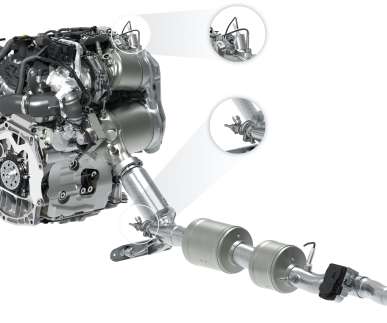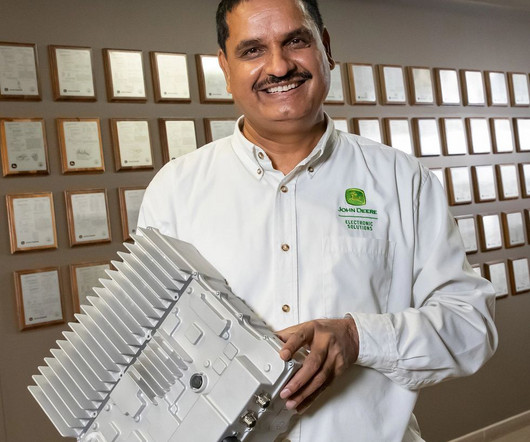Volkswagen 2.0 TDI diesel for Euro 6d; SCR twin-dosing
Green Car Congress
DECEMBER 15, 2020
TDI diesel for Euro 6d; SCR twin-dosing. Volkswagen continues to refine its most important diesel engine, the 2.0-liter With SCR twin dosing technology in the exhaust gas system, the diesel unit now undercuts the Euro 6d emission standard limits while also running quietly and smoothly, according to the company. Volkswagen 2.0




































Let's personalize your content